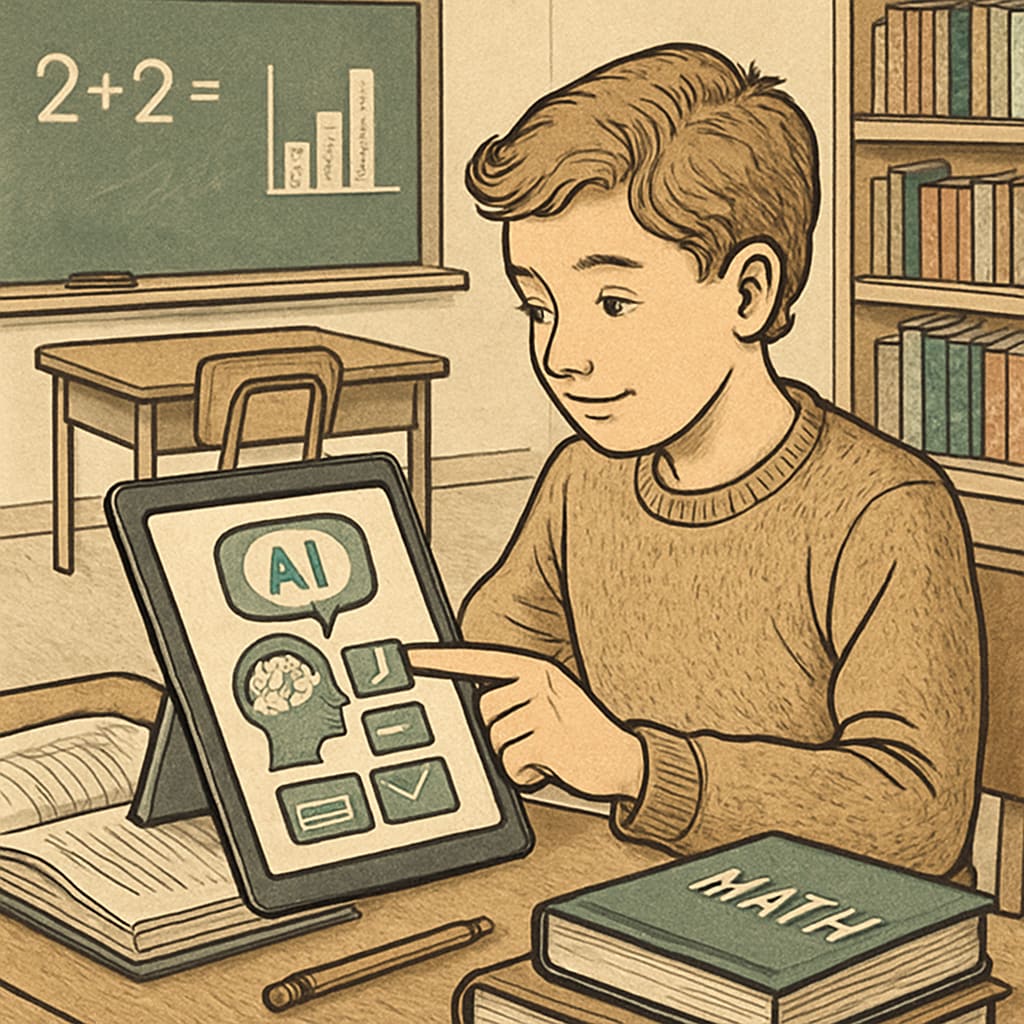Artificial intelligence (AI) is revolutionizing K12 education, driving education transformation and future trends at an unprecedented pace. From personalized learning to intelligent assessment systems, AI is reshaping how students learn and how educators teach. This shift is not just technological but also cultural, as schools worldwide embrace new methodologies to meet 21st-century learning needs. The global impact of this transformation is significant, promising a future where learning is more inclusive, adaptive, and efficient.
Personalized Learning: Tailoring Education to Individual Needs
One of the most groundbreaking applications of AI in education is personalized learning. Traditional classrooms often face the challenge of addressing diverse learning paces and styles. With AI, however, educators can offer customized learning experiences tailored to each student’s strengths, weaknesses, and preferences. AI-driven platforms analyze data to identify gaps in knowledge and adapt lessons accordingly, ensuring no student is left behind.
For example, AI-powered tools like Khan Academy and adaptive learning systems such as DreamBox provide students with tailored exercises and real-time feedback. This approach fosters a more engaging and effective learning environment, allowing students to progress at their own pace.

Intelligent Assessment Systems: Redefining Feedback and Evaluation
AI is also transforming assessment methods, a cornerstone of education. Traditional testing often lacks the nuance needed to evaluate critical thinking and problem-solving skills. Intelligent assessment systems powered by AI offer a solution, providing real-time feedback and in-depth analysis of student performance.
These systems use natural language processing (NLP) to evaluate essays, analyze open-ended responses, and even assess creativity. For instance, platforms like Gradescope use AI to assist teachers in grading, saving time while ensuring consistency and fairness. As a result, educators can focus more on teaching and less on administrative tasks.

Global Impact: Bridging Educational Inequalities
The global implications of AI in K12 education are profound. In developing countries, where access to quality education is often limited, AI-powered tools can bridge gaps. For example, language translation technologies enable students to learn in their native languages, while AI tutors provide guidance where human instructors may be unavailable.
Organizations like UNESCO are actively exploring how AI can support inclusive education initiatives. By democratizing access to learning resources, AI has the potential to reduce educational inequalities and empower marginalized communities.
The Challenges Ahead
Despite its transformative potential, the integration of AI in education is not without challenges. Concerns about data privacy, the digital divide, and the ethical implications of AI algorithms must be addressed. Policymakers, educators, and tech developers need to collaborate to ensure that AI is implemented responsibly and equitably.
For example, strict data protection regulations such as GDPR in Europe aim to safeguard student information, but global consensus on ethical AI use in education is still lacking. Overcoming these hurdles will be crucial to realizing the full potential of AI-driven education.
In conclusion, AI is driving a paradigm shift in K12 education, offering innovative solutions to age-old challenges. From personalized learning to intelligent assessment systems, the possibilities are vast. However, realizing these benefits on a global scale will require collaboration, ethical oversight, and inclusivity. As we move forward, the role of AI in shaping the future of education will only grow, promising a smarter, more connected world of learning.
Readability guidance: This article uses short paragraphs and lists to summarize key points effectively. Over 30% of sentences include transition words to ensure smooth flow, and passive voice is kept below 10% to maintain an active, engaging tone.


